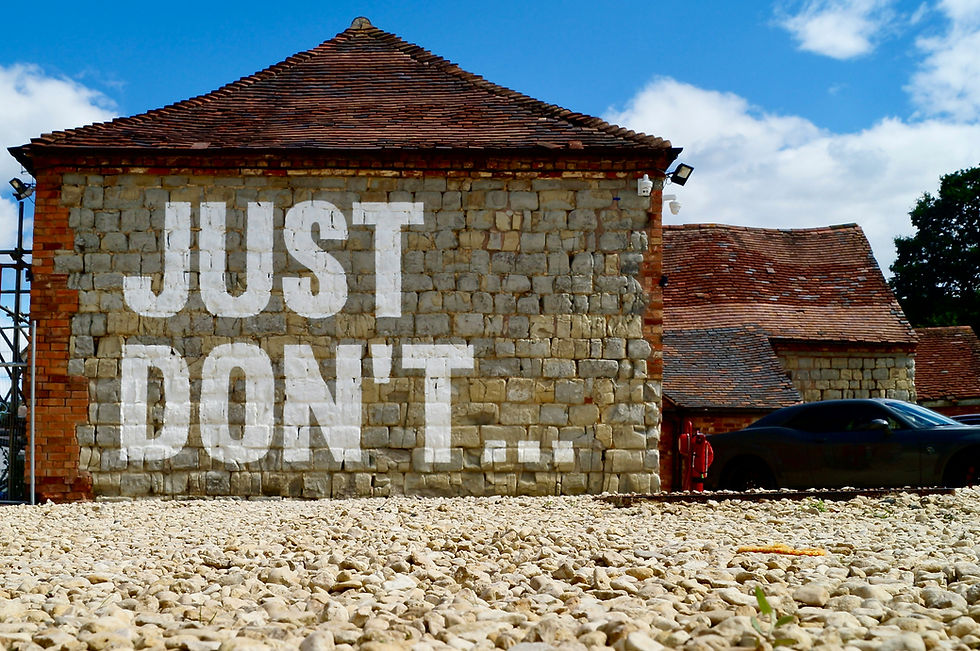"So, I Guess Daddy Is The Only Black Person Here." One 8-Year-Old's Take On Seattle.
- Jessica Kiragu
- Oct 5, 2023
- 3 min read
We visited Seattle, WA this summer and it was a beautiful. It was our first time exploring the Pacific Northwest.

We traveled to meet up with dear friends, the kind where our togetherness feels more like family than friendship. The mountains, trees, and water had a different feel there. The air was cooler and less humid compared to what we're used to at home. We took a ferry ride, dipped our feet in the cold ocean, and went hiking. We visited several tourist sites, enjoyed delicious food, and savored amazing coffee.
However, one thing that remained unchanged was how race was on our minds. Our friends, who vacationed with us, are also a mixed race family, just like ours. It wasn't that we were preoccupied by our own race, but we couldn't help but notice the racial makeup of the people around us. Seattle felt very white.
I believe my 8-year-old was articulating what we had observed when she said, "So, I guess daddy is the only black person here." She noticed the faces of the people around us and saw that most of them appeared to be white. We did not intentionally teach her to do this, but as a child of color in the United States, she has naturally become aware of the significance of noticing the racial composition in the places we visit.
She was not wrong. A quick search of government census records shows that about 65% of the people in Seattle are white, while approximately 7% are black. My little one astutely noticed this important detail about the place where we were.
This is definitely not a brag about my kids' awareness of their environment. I hate the fact that my kids are aware of this. I hate that my husband has to constantly look around to determine if he's the only black person wherever he goes. I also hate the fact that this is something I've had to learn to do. But, this is an outcome of the way race works in America.
I am highlighting the harmful effects of living with race for children such as mine. In the US, white kids are typically not made aware of their race. They aren’t taught about how race influences the way they’re treated. Kids of color aren’t granted this same ease to their lives - they are not afforded the same privilege of ignorance. Their experiences and lessons about race differ significantly from those given to their white peers.
And that is whiteness in America. It is the privilege of navigating through life without having to constantly consider your race. It means living freely under the belief that race is insignificant and being able to disregard it even when others or research data suggest otherwise. I don't personally know any white individuals who were taught to acknowledge whiteness or its influence on all of us. It seems to be a burden that only people of color have to bear.
So, if you’re white and want to address the racial imbalance in the US, a good starting point is to pay attention to race. Take the time to listen to people of color when they share their experiences with race and racism. If the people of color in your life do not openly discuss these details with you, it might be worth reflecting on why. What about your interactions or approach makes them hesitant to share this part of their lives with you?
If you're reading this and thinking, "I don't really know any people of color," take a look at the spaces and places you frequent the most. Is your city, town, county, or state primarily white? This is not a coincidence. Our country wouldn't have become so segregated if our government hadn't implemented policies that facilitated it.
Take a look at your neighborhood, school, church, and place of employment. Do you notice that these spaces are predominantly occupied by white people? Have you ever wondered why you have chosen to live, learn, play, worship, and work in these particular places? Why is it that most of the people around you are white, and what factors have contributed to this?
Please contemplate the different ways in which your experience of being identified as white has impacted you. If you have children in your life, be mindful of how whiteness is shaping them. Those of us who are currently identified as white, have likely been recognized as such and influenced by it since birth. It’s time for white folks to examine how race has shaped our lives and the lives of others, and to actively participate in efforts to end racial inequity.
In our society, white people do not regularly have to worry about their safety or well-being due to their race. Nonetheless, just because American culture doesn't encourage white people to be conscious of whiteness, it doesn't mean that this is ultimately what is best for us.




Comments